"Arbiters to resolve border dispute"
EU Enlargement Commissioner Olli Rehn has proposed that an international arbitration tribunal rule on the Slovenia-Croatia border dispute, says the STA agency.
Friday, 24.04.2009.
11:03

EU Enlargement Commissioner Olli Rehn has proposed that an international arbitration tribunal rule on the Slovenia-Croatia border dispute, says the STA agency. Under the proposal, the agency writes, any agreement on Slovenian access to maritime regions and contact with the open sea would be reached on the basis of international law, good neighborly relations and in adherence to just principles. "Arbiters to resolve border dispute" Rehn’s latest proposal has already seeped into public receiving a warm reaction in Croatia, while media in Ljubljana have called it a defeat for Slovenian diplomacy. Under the proposal, the arbitration tribunal would be made up of five members, one each delegated by Croatia and Slovenia, while the other three would be appointed by mutual agreement. In the event of no agreement being reached on the arbiters, they would be selected by the president of the international court in The Hague. Moreover, both countries’ parliaments would commit in advance to adopting the tribunal’s decision. For the moment, it is not clear to either side what the wording in Rehn’s proposal referring to “Slovenian contact with the open sea“ actually means. Judging by reactions thus far, Croatia is happy with the idea, while the Slovenian press has been more subdued, questioning whether the proposal marks a defeat for Slovenian diplomacy. Slovenian media add that the proposal rather “leans to the Croatian side.“ Moreover, the proposal that both countries’ parliaments should commit in advance to adopting the final outcome would thereby imply lifting the Slovenian blockade on Croatian EU accession talks, which is why, Slovenian POP TV reports, Croatia’s foreign minister “was celebrating the victory of Croatian policy as early as Wednesday evening,“ while the Croatian leadership is also said to be satisfied with the talks in Brussels and Rehn’s plan. Slovenian Prime Minister Borut Pahor declined to comment on the latest plan, stating that Slovenia would take some time to digest the plan thoroughly before giving its reply. This time, both governments have until mid-May to confirm Rehn’s proposal, which would then be passed on to the respective parliaments for adoption, allowing Slovenia to then lift its blockade on Croatian negotiations. Under the proposal, the dispute would be resolved within a year, prior to Croatia entering the EU. Croatian President Stjepan Mesic said on Wednesday that one of the conditions for Zagreb accepting Rehn’s plan was for Slovenia to lift its blockade, as "if we’re looking here at a long-term blockade of Croatia, then that’s absolutely unacceptable, un-European.“ The EU inter-governmental conference on Croatia, that had been scheduled for today, has been postponed for a second time as a result of the border dispute. Slovenian media state that “Croatia has already given up on concluding accession talks by the end of the year,“ adding though that the head of the EC delegation to Croatia has said that this is more to do with Zagreb’s failure to implement certain big reforms than the Slovenian blockade.
"Arbiters to resolve border dispute"
Rehn’s latest proposal has already seeped into public receiving a warm reaction in Croatia, while media in Ljubljana have called it a defeat for Slovenian diplomacy.Under the proposal, the arbitration tribunal would be made up of five members, one each delegated by Croatia and Slovenia, while the other three would be appointed by mutual agreement.
In the event of no agreement being reached on the arbiters, they would be selected by the president of the international court in The Hague. Moreover, both countries’ parliaments would commit in advance to adopting the tribunal’s decision.
For the moment, it is not clear to either side what the wording in Rehn’s proposal referring to “Slovenian contact with the open sea“ actually means.
Judging by reactions thus far, Croatia is happy with the idea, while the Slovenian press has been more subdued, questioning whether the proposal marks a defeat for Slovenian diplomacy.
Slovenian media add that the proposal rather “leans to the Croatian side.“ Moreover, the proposal that both countries’ parliaments should commit in advance to adopting the final outcome would thereby imply lifting the Slovenian blockade on Croatian EU accession talks, which is why, Slovenian POP TV reports, Croatia’s foreign minister “was celebrating the victory of Croatian policy as early as Wednesday evening,“ while the Croatian leadership is also said to be satisfied with the talks in Brussels and Rehn’s plan.
Slovenian Prime Minister Borut Pahor declined to comment on the latest plan, stating that Slovenia would take some time to digest the plan thoroughly before giving its reply.
This time, both governments have until mid-May to confirm Rehn’s proposal, which would then be passed on to the respective parliaments for adoption, allowing Slovenia to then lift its blockade on Croatian negotiations. Under the proposal, the dispute would be resolved within a year, prior to Croatia entering the EU.
Croatian President Stjepan Mesić said on Wednesday that one of the conditions for Zagreb accepting Rehn’s plan was for Slovenia to lift its blockade, as "if we’re looking here at a long-term blockade of Croatia, then that’s absolutely unacceptable, un-European.“
The EU inter-governmental conference on Croatia, that had been scheduled for today, has been postponed for a second time as a result of the border dispute.
Slovenian media state that “Croatia has already given up on concluding accession talks by the end of the year,“ adding though that the head of the EC delegation to Croatia has said that this is more to do with Zagreb’s failure to implement certain big reforms than the Slovenian blockade.














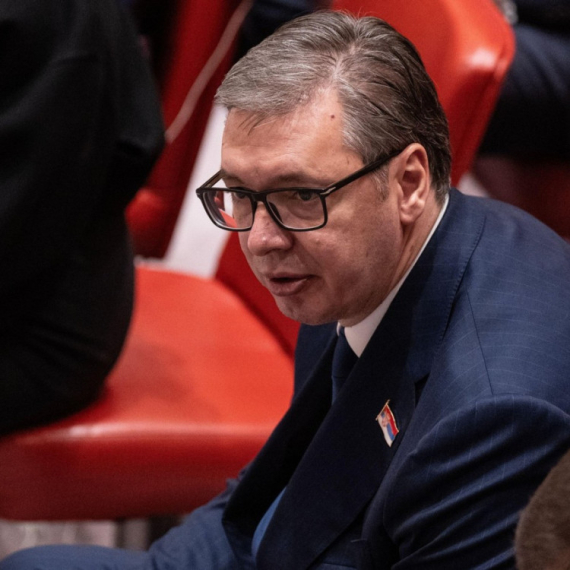


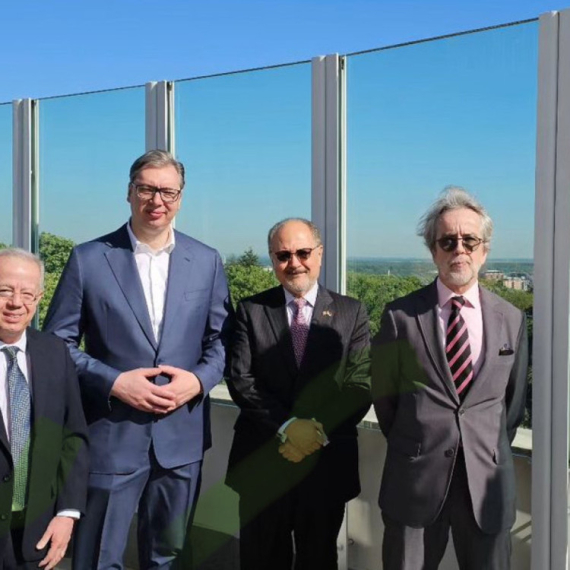
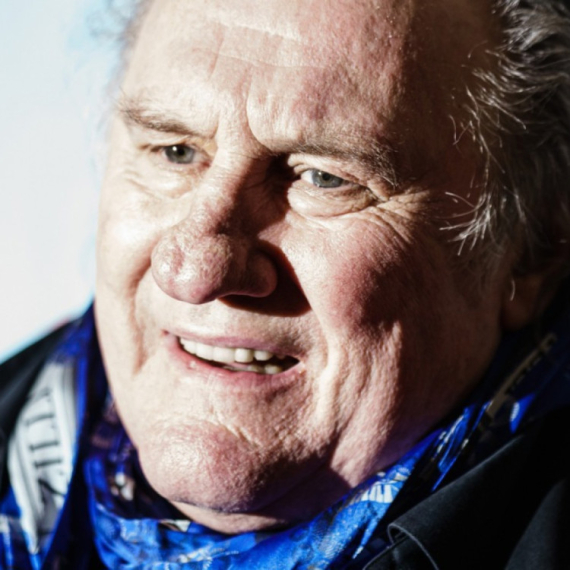
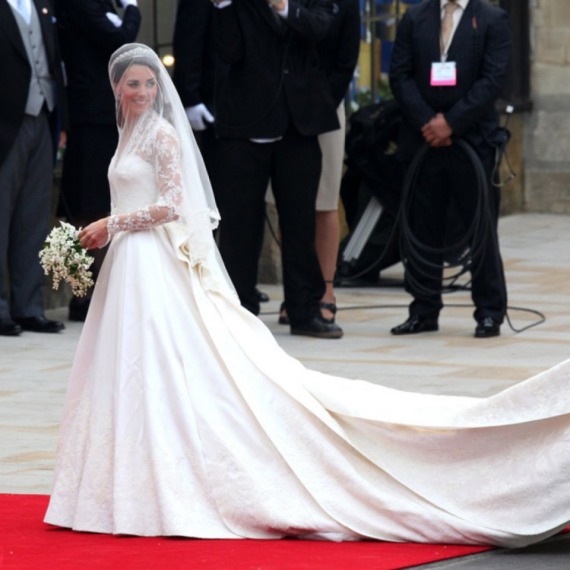


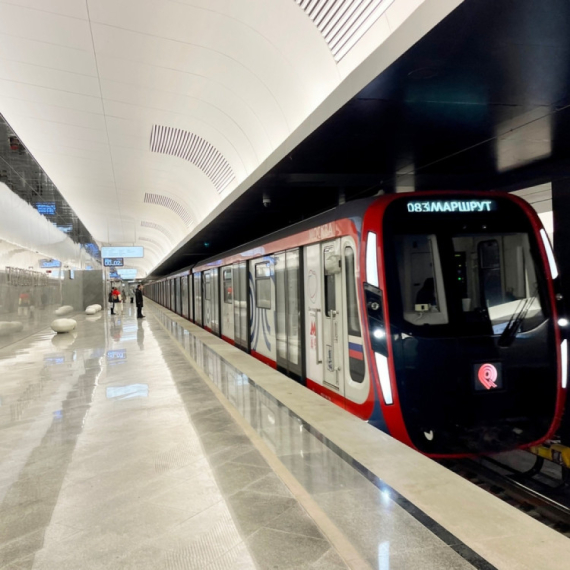

















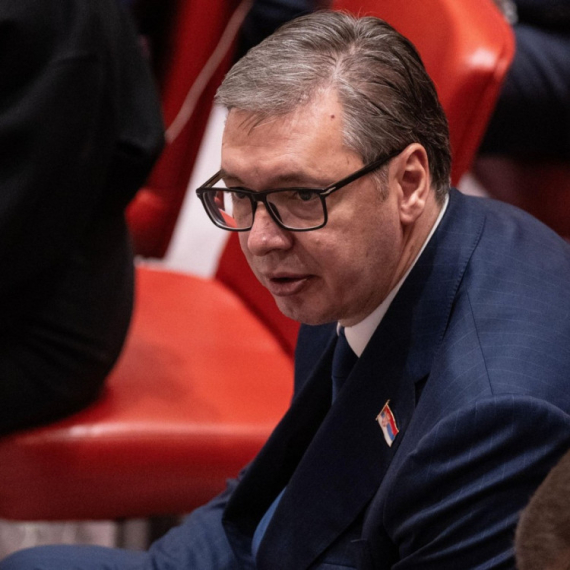
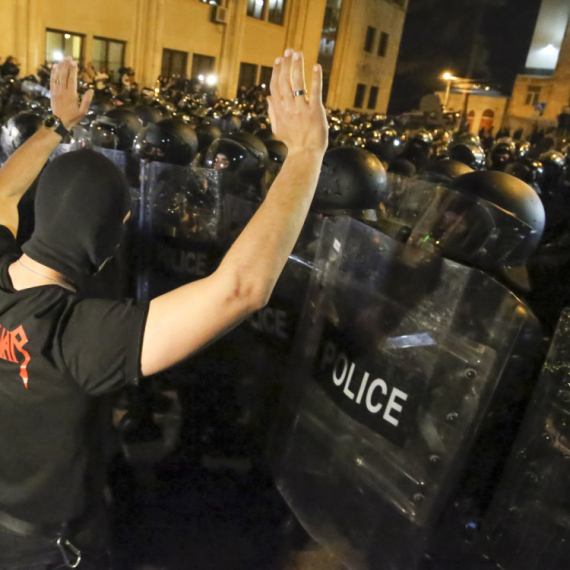

Komentari 1
Pogledaj komentare